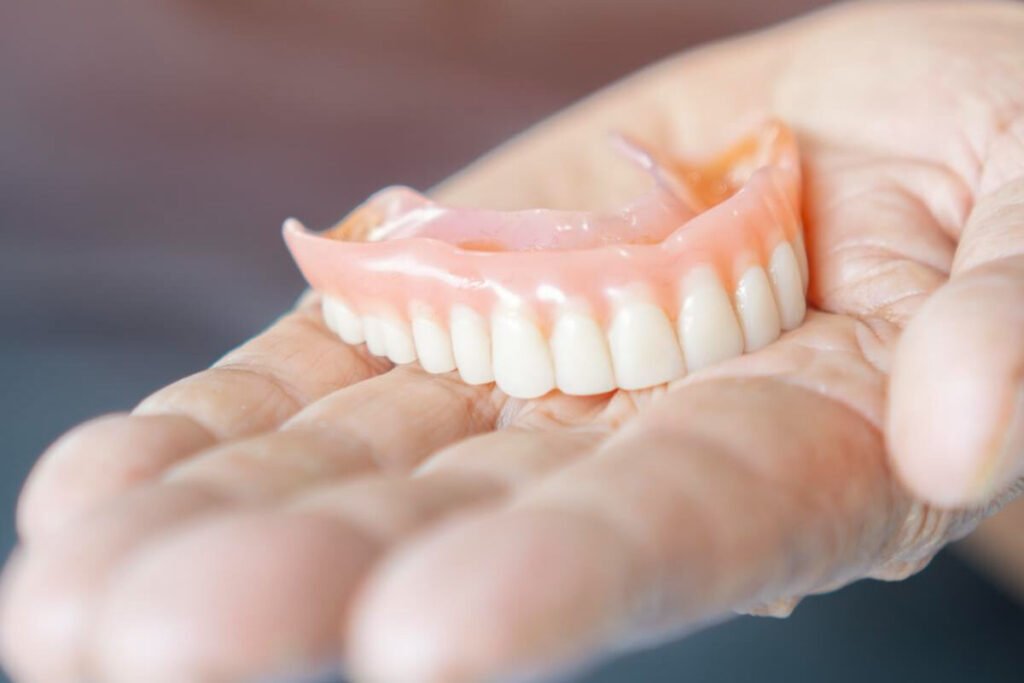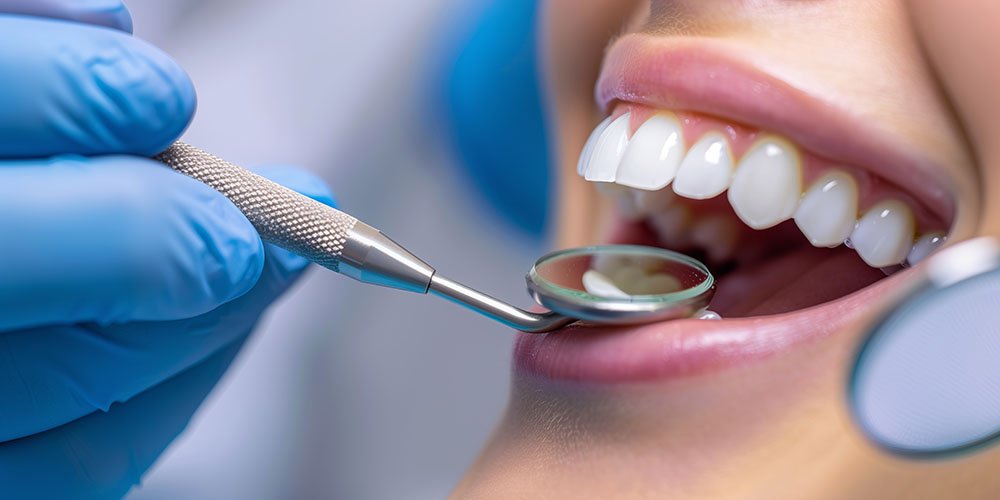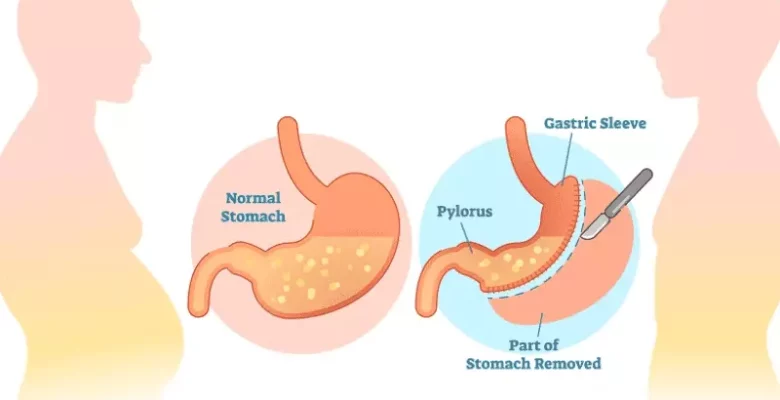Dentures are a common solution for replacing missing teeth, restoring both function and appearance. But one question many people ask is, How long do dentures last? Understanding their lifespan and the factors that affect durability can help you care for them properly and maintain your oral health.
A Dentist in Belleville can guide you through the process of selecting and maintaining dentures, ensuring they provide comfort and functionality for as long as possible.
Types of Dentures and Their Expected Lifespan
The longevity of dentures can vary depending on the type and materials used. Generally, dentures fall into three main categories:
- Complete dentures: Designed for patients who have lost all teeth in an arch, either upper or lower. With proper care, these dentures typically last 5 to 10 years before needing replacement.
- Partial dentures: Used when some natural teeth remain. Partial dentures usually last around 5 to 8 years, depending on how well they are maintained and the condition of the remaining teeth.
- Implant-supported dentures: These dentures are anchored to dental implants and provide more stability than traditional dentures. Implant-supported options can last longer, often exceeding 10 years, with proper hygiene and regular dental check-ups.
Material quality, frequency of wear, and daily habits all influence how long dentures will remain functional and comfortable.
Factors That Affect Denture Longevity
Several factors play a role in how long dentures last:
Fit and Comfort
Over time, your jawbone and gums can change shape, causing dentures to become loose. Ill-fitting dentures may slip, cause irritation, or lead to sores. Regular dental visits are important to adjust or reline dentures for a secure and comfortable fit.
Material Quality
Dentures are commonly made from acrylic, metal, or a combination of materials. High-quality acrylic or flexible materials can extend the lifespan of dentures and improve their appearance.
Daily Care
Proper cleaning and storage are crucial. Dentures should be rinsed after meals, brushed gently with a soft brush, and soaked overnight in a denture-cleaning solution. Avoid hot water or harsh chemicals, which can warp or damage the material.
Oral Health Changes
Changes in your gums, jawbone, or remaining teeth can affect denture fit. Conditions like gum disease or bone resorption may require modifications or replacement to maintain proper alignment and function.
Habits and Lifestyle
Chewing tough foods, grinding your teeth, or dropping dentures accidentally can lead to chips, cracks, or wear. Being mindful of these habits helps extend their lifespan.
Signs It’s Time to Replace Dentures
Even well-maintained dentures will eventually need replacement. Watch for these signs:
- Persistent discomfort or sore spots
- Loose or slipping dentures
- Difficulty chewing or speaking clearly
- Noticeable wear, cracks, or discoloration
- Changes in facial structure or jaw alignment
A Dentist can assess these changes and recommend adjustments, relining, or replacement to ensure your dentures continue to function effectively.
Caring for Dentures to Maximize Lifespan
Proper care can make a significant difference in how long dentures last. Here are practical tips:
Daily Cleaning Routine
- Rinse dentures after every meal to remove food particles.
- Brush gently with a soft-bristled brush and non-abrasive cleaner.
- Avoid regular toothpaste, which can be too abrasive for dentures.
Overnight Care
- Soak dentures in a recommended solution overnight to keep them moist and maintain their shape.
- Avoid leaving dentures dry, as this can cause warping or cracking.
Routine Dental Visits
Regular check-ups allow your dentist to evaluate your fit and oral health. Adjustments can prevent discomfort and extend denture life.
Handle with Care
- Avoid bending or dropping dentures.
- When cleaning, hold them over a soft surface or a filled sink.
Following these steps helps protect both the dentures and your oral tissues.
Common Questions About Denture Maintenance
Many patients wonder about best practices and common issues:
- Can I use regular toothpaste on dentures? No, regular toothpaste can scratch denture surfaces. Use a soft brush and denture cleaner instead.
- Should dentures be worn all the time? It’s recommended to remove dentures at night to reduce gum irritation and allow tissue recovery.
- How often should dentures be checked? Schedule dental visits every six months or as recommended for adjustments and oral health monitoring.
If you are unsure about proper care or have concerns about your dentures, this dentist in Belleville answers frequently asked questions about denture use and care on their site.
The Role of Dentures in Oral Health
Dentures do more than restore smiles; they support facial muscles, improve speech, and enable proper chewing. Well-fitted dentures help prevent jaw strain and maintain nutrition by allowing you to eat a variety of foods.
Over time, replacing or adjusting dentures ensures that these benefits continue without causing discomfort or oral health issues.
When to Consider Replacement
Even with excellent care, dentures usually need to be replaced every 5–10 years. Factors like changes in the jawbone, gum tissue, or material wear affect how long they last. Implant-supported dentures may extend longevity, but routine dental evaluation is still necessary to maintain optimal function.
By consulting with a Dentist regularly, you can ensure that your dentures remain comfortable, functional, and supportive for your oral health.
Enhancing Denture Comfort
Modern dentures offer better fit and comfort than ever before. Relining or adjusting dentures as needed helps prevent irritation and improves chewing efficiency. Paying attention to changes in your mouth and scheduling timely appointments ensures your dentures serve you well over the years.
Proper daily habits, careful handling, and regular dental visits all contribute to longer-lasting dentures and a healthier, more confident smile.





